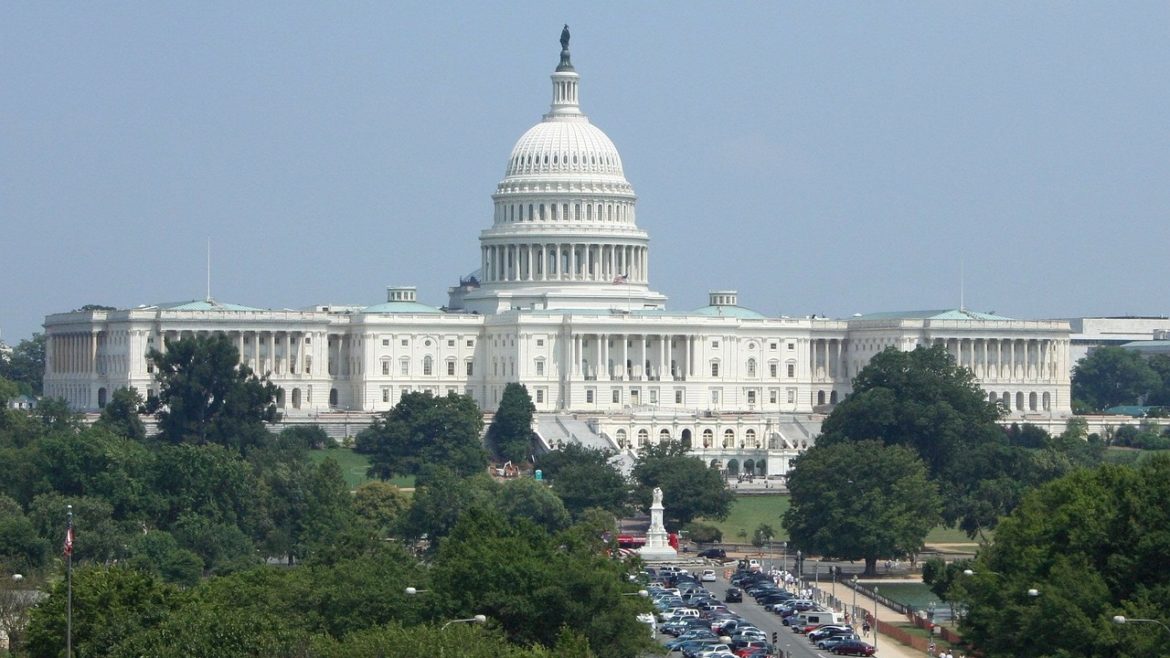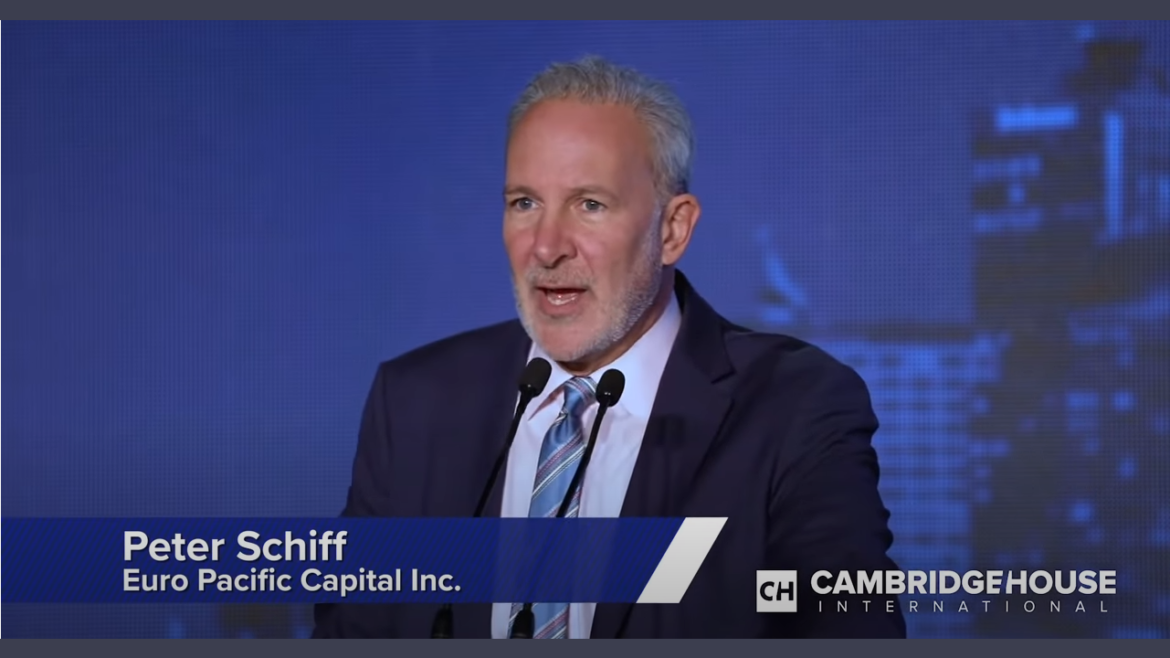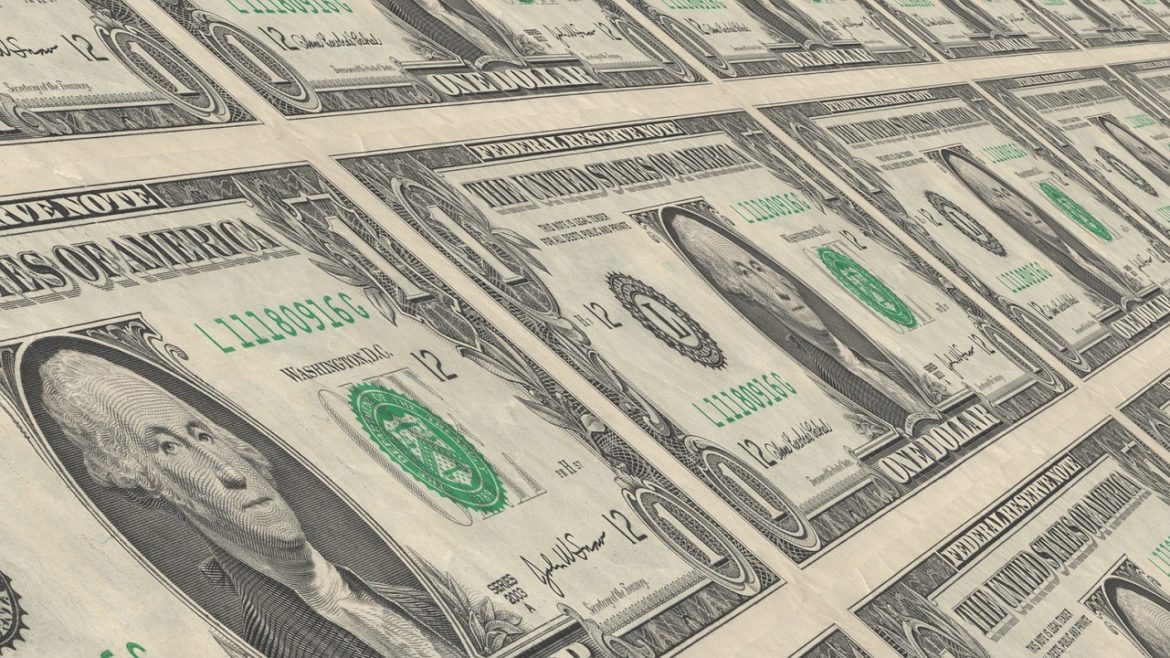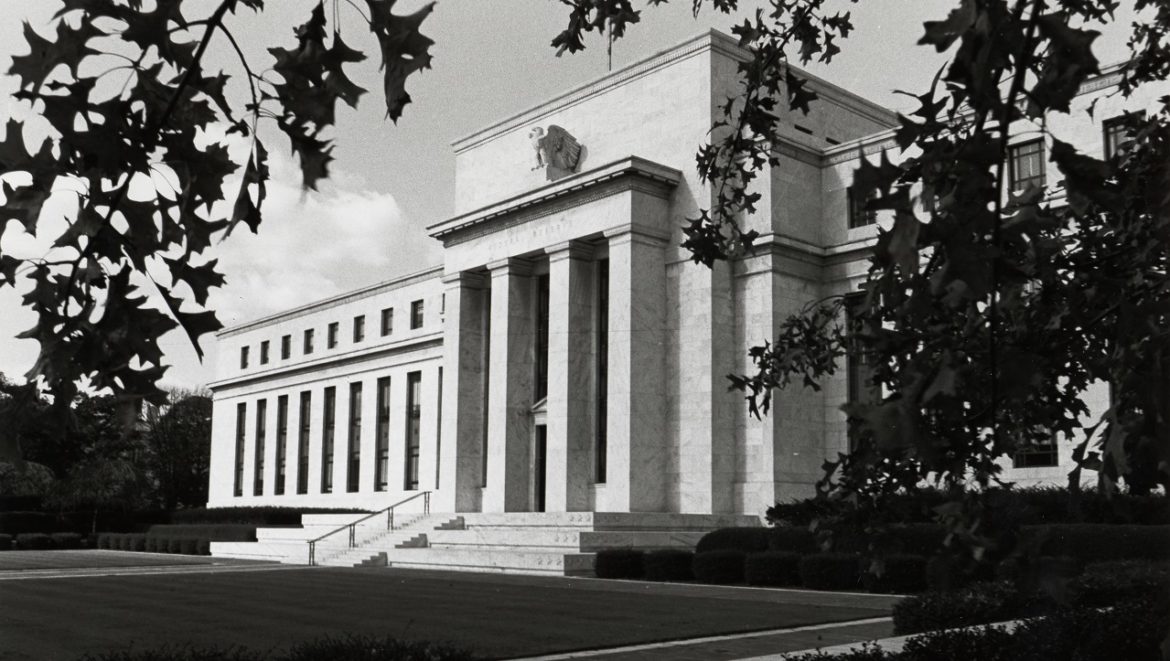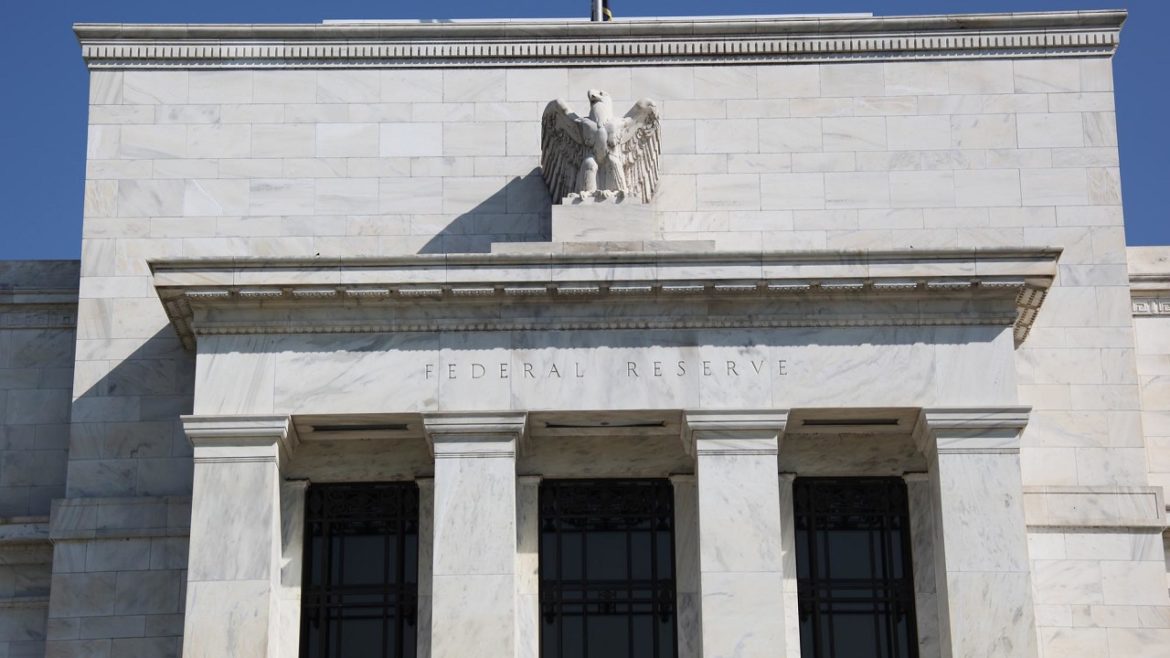The economy has gone through the quickest and arguably the deepest collapse in history, but the stock market has been rallying. How can this be? In this episode of the Friday Gold Wrap podcast, host Mike Maharrey says look no further than the Federal Reserve. Despite the economic chaos, it has managed to blow up stock market bubble X.0 He also talks about a move China recently made that ups the ante in the “war on cash.”
US stock markets continued their inexplicable rally despite the economic destruction wrought by the coronavirus-induced shutdown. The S&P500 is only down about 3.5% on the year and the NASDAQ is actually up. As a result, a lot of investors seem to be getting out of safe havens, including gold. But in his podcast, Peter Schiff explains why selling gold is a mistake if you understand what’s really going on. In a nutshell, stocks are rising because the Fed is printing money. And no matter what the mainstream says, money printing matters.
Protests have rocked the US in the wake of George Floyd’s death at the hands of a Minneapolis police officer. In some areas, peaceful protests have crossed the line into violence and looting. But the real question is what are the long-lasting political ramifications that will come out of the unrest?
Peter Schiff talked about it during a recent podcast and worried that it could lead to bigger government and more socialism.
In a speech at the Cambridge House Vancouver Resource Investment Conference back on Jan. 19, 2020, Peter Schiff said it was “game over” for the Federal Reserve. It’s interesting to look back at his remarks in context with what’s going on over at the central bank today. If it was game over then, where are we now?
On Friday afternoon, Federal Reserve Chairman Jerome Powell did a Q&A session with Princeton economist Alan Blinder. Powell admitted that the central bank had “crossed a lot of red lines,” but insisted he was comfortable with the actions given “this is that situation in which you do that, and you figure it out afterward.”
In his podcast, Peter Schiff called it the Nancy Pelosi version of monetary policy. “We need to print the money to see where it goes.”
The Dow Jones is back of 25,000 and despite increasing tensions with China, people seem pretty optimistic about the economic future as states begin to open back up. SchiffGold Friday Gold Wrap host Mike Maharrey says people should know better. He makes his case by digging into some of the long-term ramifications of the economic shutdown and the government/central bank response to it. He also recaps the last month in the gold and silver markets.
Sometimes you need to look back at where we come from to understand where you’re going. Peter Schiff does just that in his May 27 podcast. He analyzes the stock market surge of last year and concludes the mainstream might be a little over-optimistic on where we’re heading. The recent surge in stocks isn’t based on economic reality. The economic reality is we’re an insolvent zombie nation. We’re just on a giant Fed-induced sugar high.
During a recent 60 Minutes interview, Federal Reserve Chairman Jerome Powell said there is “no limit” to what the Fed can do. Indeed, the central bank has pulled out all the stops.
But while the actions of the central bank are extreme, we’ve seen them operate out of this playbook before, if not at this level.
The Federal Reserve and the US government are rerunning the exact same policies they turned to in the wake of the 2008 financial crisis, but on a much grander scale. We have bigger QE, more money printing, more government spending and bigger deficits. Case in point — the money supply grew at a record rate in April with no sign of slowing down.
For years, I have been warning that during the age of permanent stimulus (which began in earnest with the Federal Reserve’s reaction to the dotcom crash of 2000), each successive economic contraction would have to be met with ever larger, increasingly ineffective, doses of monetary and fiscal stimulus to keep the economy from spiraling into depression. I have also said that the enormity of the asset price gains over the last 10 years had increased the danger because reflating the bloated stock, real estate, and public and private debt markets would bring on doses of stimulus that could prove lethal for the economy. But even though I expected that the next financial crisis would be catastrophic, I thought that it would come into the world in the usual way, as a credit crisis triggered by over-leverage. But the Coronavirus ripped up those stage notes, and instead ushered in a threat that is faster and deeper than I imagined, and I imagined a lot. It’s a perfect storm, a black swan with teeth.
The Federal Reserve and the US government are rerunning the exact same policies they turned to in the wake of the 2008 financial crisis, but on a much grander scale. We have bigger QE, more money printing, more government spending and bigger deficits. During his podcast, Peter Schiff said it was a mistake then, but they got away with it. They won’t get away with it this time.





